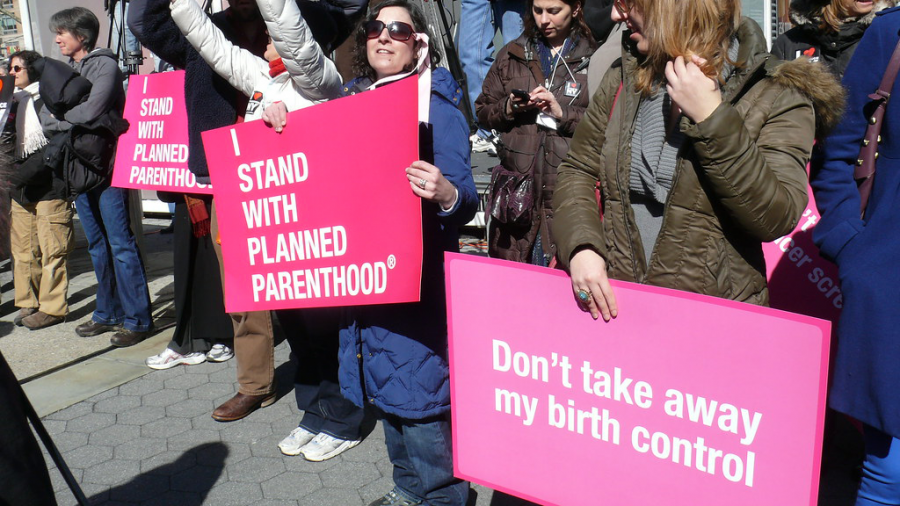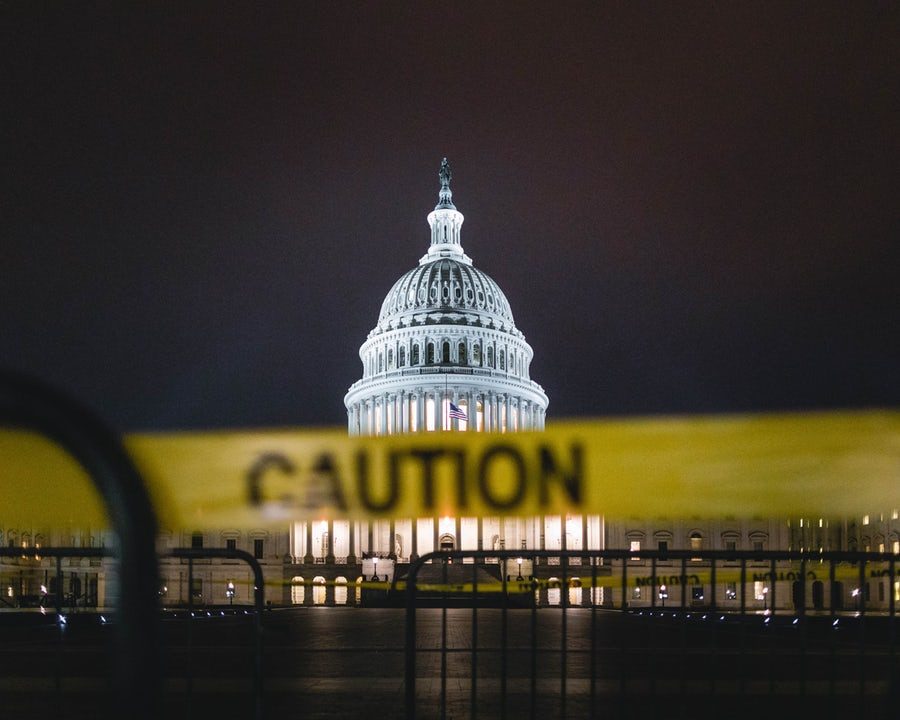North Carolina enacts new controversial rights law
May 5, 2016
On March 23, North Carolina’s governor signed a bill that prevented cities from allowing transgender people to use public bathrooms as well as locker rooms assigned with the gender they identify as, along with restricting cities from passing nondiscrimination laws.
This new law took effect before the city of Charlotte could pass its own law allowing transgender individuals to use public restrooms that correspond with their chosen gender. However, the state law was not passed without argument. Two transgender men, a lesbian, the American Civil Liberties Union of North Carolina (ACLU), and Equality North Carolina sued Governor McCory, Attorney General Roy Cooper III, and W. Louis Bissette Jr., the chairman of the Board of Governors of the University of North Carolina and want a judge to declare the state law unconstitutional and a violation of federal laws banning sex discrimination.
In the state House of Representatives, about a third of the Democrats voted for the law along with the Republicans, but in the state Senate, all 11 Democrats walked out of the chamber in protest, leaving the 32 Republicans.
Supporters of the new law state that allowing transgender individuals to use the restroom of their choice would give easy access to potential predators to enter, claiming they were transgender. Opponents of the new state law say that other places that passed the transgender law have not had those problems.
“One of the biggest issues was about privacy,” Tim Moore, North Carolina House Speaker, said. “The way the ordinance was written by City Council in Charlotte, it would have allowed a man to go into a bathroom, locker or any changing facility, where women are — even if he was a man. We were concerned. Obviously there is the security risk of a sexual predator, but there is the issue of privacy.”
Before the North Carolina law was passed, Carcano, a 27 year old transgender man, and Gilmore, a 52 year old lesbian woman, used men’s restrooms and locker rooms on public campuses without any problems. Gilmore and her spouse traveled the state and checked into public accommodations as a lesbian couple without fear of discrimination. Now, Carcano and Gilmore worry potential violence and bullying will cause substantial harm to their mental health and well-being.
The lawsuit reads how lawmakers made no attempt to cloak their actions in a veneer of neutrality, but instead openly and virulently attacking transgender people, who were falsely portrayed as predatory and dangerous to others.
Governor McCory defended the new state law by saying Charlotte’s ordinance on bathrooms was a “radical breach of trust” and the new North Carolina law would “stop this breach of basic privacy and etiquette,” and “the basic expectation of privacy in the most personal of settings, a restroom or locker room”.
However, the groups further pressed that lawmakers introduced and passed the law in a “process rife with procedural irregularities,” and did not cloak the discriminatory focus.
Attorneys for the challengers said that while they are not overly optimistic that it will happen, they hope to persuade the General Assembly to overturn the law when they return later March or early April for the beginning of the legislative session.
“The rhetoric on display last week by some members of our legislature showed just how transparent their anti-LGBT motives were,” said Chris Sgro, executive director of Equality NC. “Not only did they keep the bill language secret until the morning it was introduced but it only took 12 hours to pass and sign into law a bill with terrible consequences for thousands of North Carolinians. … Now is the time to be on the right side of history, because together we will show the politicians that North Carolina refuses to be a leader in bigotry.”
















